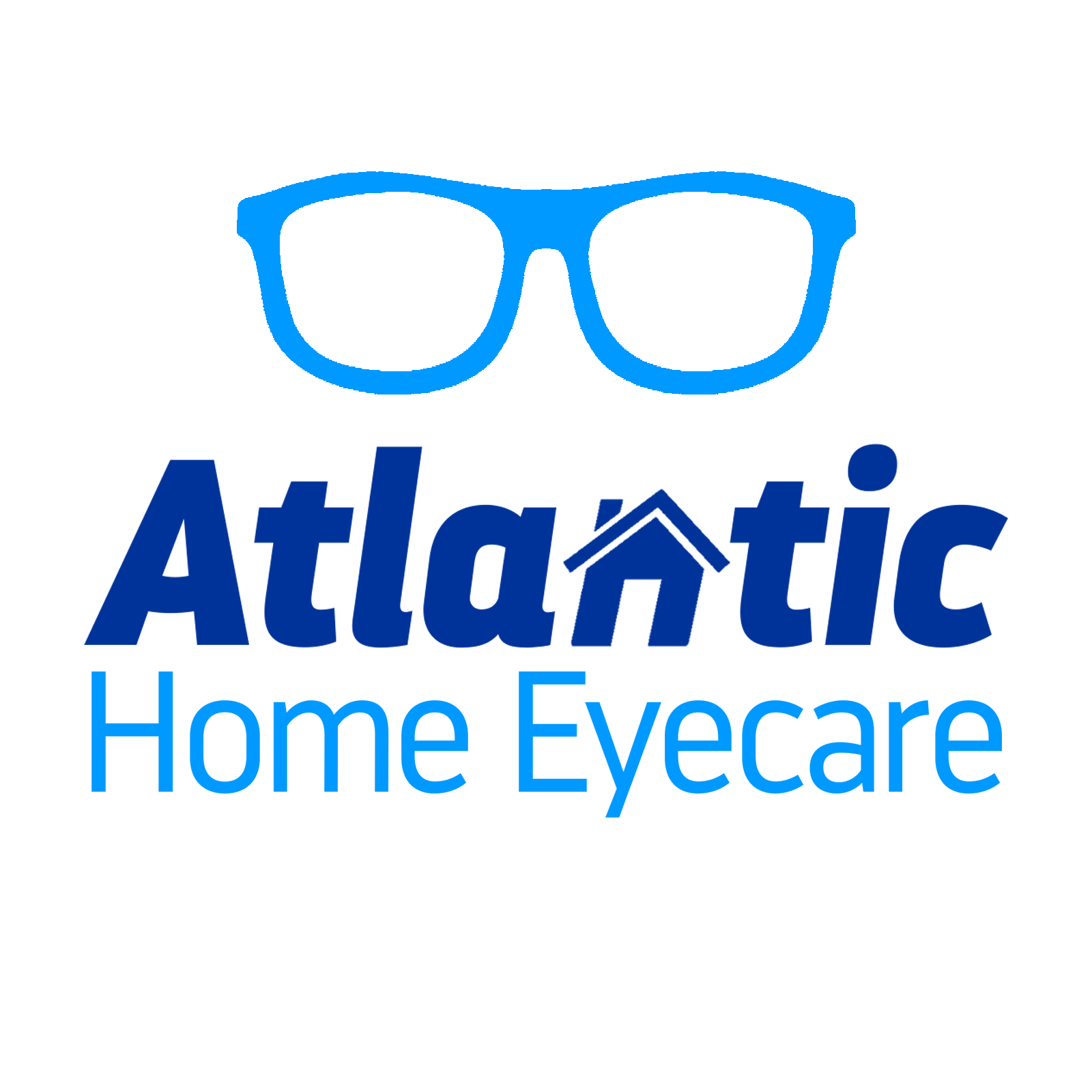Home Eye Examinations
WHAT TO EXPECT
Do I need an eye test?
Regular eye examinations are important for everyone. If you spend a lot of your time at home, with mostly visual entertainment such as reading or watching television, maintaining proper eye health is arguably more important.
If you feel your vision hasn't changed since your last eye test, then that's great, and it's a good idea to make sure the eyes are still healthy - many ocular conditions have no noticeable symptoms until it's too late. If you've been told that nothing more can be done to improve your sight, then regular eye exams are the best way to maintain what vision you do have.
It's always worth taking an hour or so, normally every year, to make sure that your vision is at its best and that your eyes are healthy.
Can I claim an NHS test at home?
Yes. We can provide a standard NHS exam that is free to you with an NHS entitlement (check your NHS entitlements for a home visit here). Our optometrists would always recommend considering our Enhanced Eye Exam over and above an NHS-only exam.
Our Enhanced Eye Exam
Our enhanced eye examination includes all of the checks that our optometrists would recommend to most fully assess your vision and eye health, routinely including: retinal photography (in some of our clinics), routine dilation of the pupils, examination with a binocular indirect ophthalmoscope, electronic objective prescription confirmation and tear film assessment (amongst other things) help to give us the best overall assessment of your eyes, and the best opportunity to offer you advice. You can upgrade an NHS test to include these checks for £50 - if it's in the budget, it's the best option for everyone.
What do we need?
We can test eyes in rooms of most sizes and shapes, and most often test where you're most comfortable. If you're normally in bed, then that's fine too. We bring all of the testing equipment we need, so don't need too much else, but access to a power socket is very useful. A small chair or two aren't essential to have in the room, but are handy if available. Each eye examination is individual, so it's difficult to give a precise length of time, but allow an hour or so for your test.
Health checks on the eyes
Our optometrist will perform general health checks on your eyes. They will check the pressures in your eyes (similar to the 'air-puff' test, but with no puff of air) and assess the tissues surrounding your eyes, such as your eyelids. This will involve shining the light of an optical microscope onto each eye in turn, but isn't uncomfortable. These checks also help to assess tear quality and possible related dry eye issues.
Refraction
The refraction is the part of an eye examination that assesses your sight and any prescription. Our optometrist will use a variety of tests to measure the prescription that offers you the best vision, as well as recording how well you see, for both near and far distances. These tests can be done using standard letters, numbers, or symbols. They will also check how the two eyes work together, checking for any movement imbalances or signs of double vision.
Ophthalmoscopy
Ophthalmoscopy is an important part of the examination, where our optometrist will look inside each eye to assess the health of various internal structures. This will include looking for signs of conditions such as glaucoma and macular degeneration. To make it possible for a good, thorough look at as much of the eye as possible, we can dilate your pupils with an eye drop. This has no long-term effects, but will normally leave your vision slightly blurry for a few hours following the test. Ophthalmoscopy involves shining a bright light into your eyes and while this isn't normally uncomfortable, you'll be able to have a break midway through if you need to. We can also take photographs of the back of your eye, to give a better record of changes to your eye over time.
Dispensing
If we find a different spectacle prescription from what you're currently wearing, enough to improve your vision, and you choose to update your spectacles, then we offer a full dispensing service. Our optician will interpret your new prescription and help you decide on the best way to correct your vision. We can dispense any of the usual lenses you may be familiar with from a visit to an optician's practice, including single vision, bifocal and varifocal lenses with hard coatings, tints, or photochromic materials (for example) worked in. We have frame and lens options to suit most budgets and if you'd normally claim help from the NHS towards paying for your spectacles, we can arrange that too.
Referrals
Following your eye examination, it may be necessary to refer you to an eye specialist. This may be for a routine matter, such as a cataract extraction, or possibly for something that needs more urgent attention. In either case, we will keep you fully informed and will make sure you, or a friend or family member, know exactly what to expect in the referral process.






